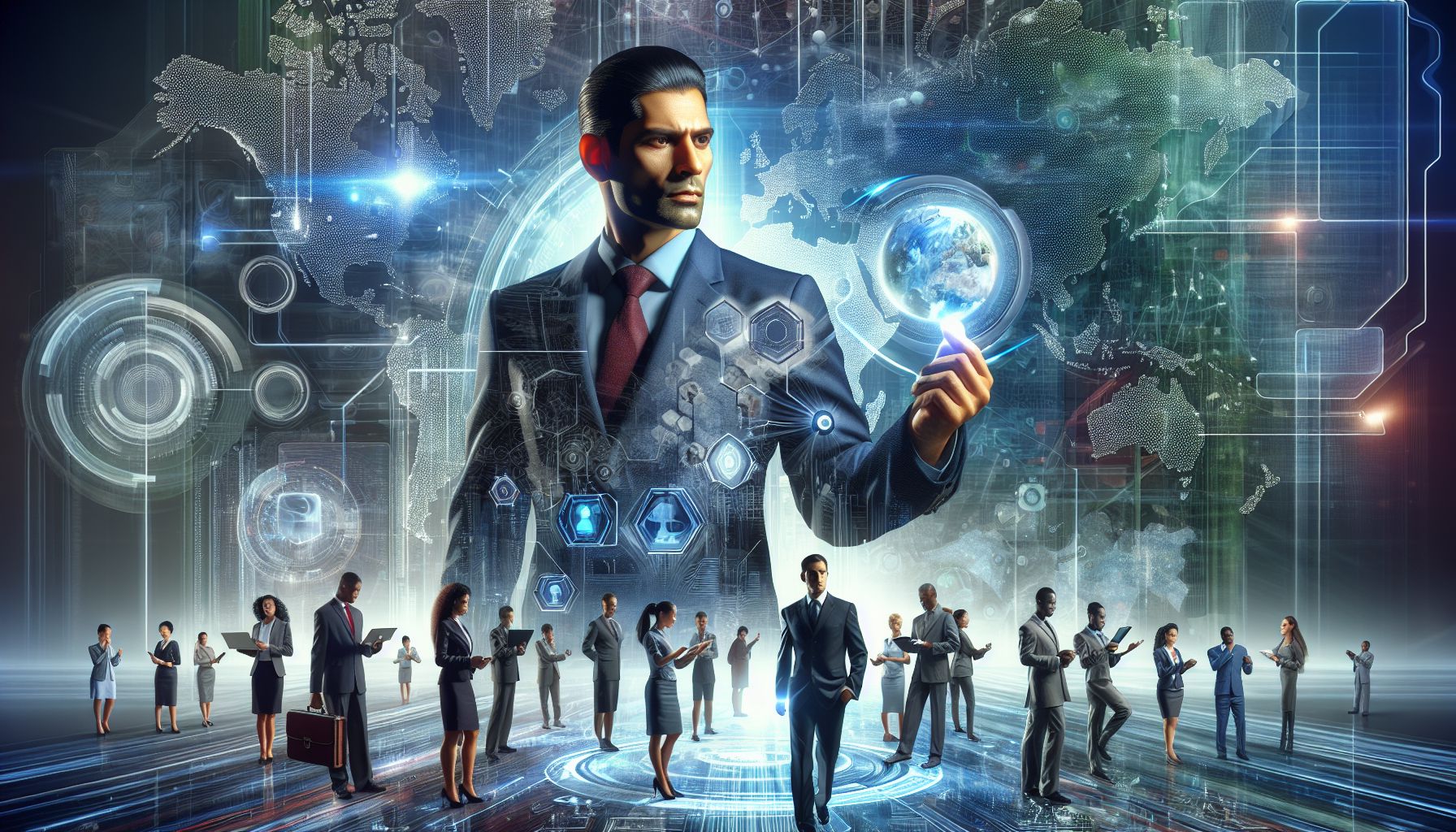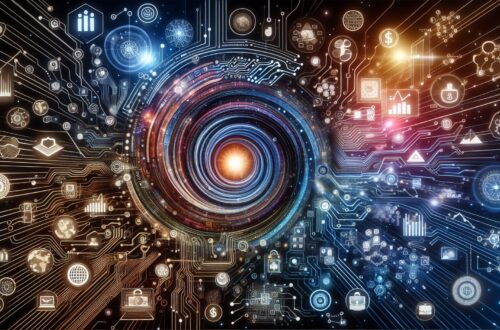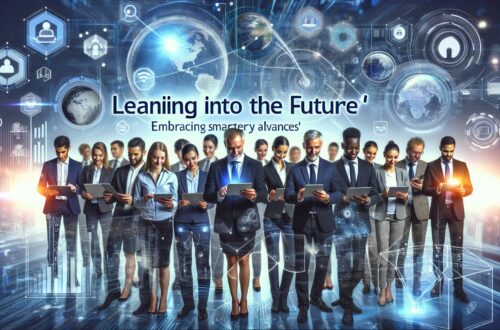In an era where transformation is the rule rather than the exception, few forces are shaping our lives as decisively as technology. Innovations like Artificial Intelligence (AI), Machine Learning, blockchain, and Internet of Things (IoT) are not only redefining our personal space, but also revolutionizing professional sectors — from transportation to healthcare, from the economy to the environment. In this post, we explore these pivots, the challenges and celebrations they present, and the fascinating future they hint at.
Turbocharging Transformation: An Overview of Leapfrog Technologies
Every day, we interact with an array of sophisticated technologies — Siri helps organize our day, algorithms personalize our entertainment selection, contactless payments streamline our purchases, and telemedicine provides healthcare support. AI and Machine Learning are growing exponentially, significantly impacting various sectors. In education, they’re personalizing learning and diagnosing deficiencies. In healthcare, they’re predicting diseases and optimizing treatment. In the business arena, they’re automating processes and enhancing decision-making.
Similarly, blockchain’s distributed ledger system is modifying financial transactions and data security, paving the way for a futuristic society where trust isn’t brokered – it’s built in. The age of connected devices promotes automation, energy efficiency, and access to real-time data. Consequently, IoT is reimagining homes, cities, and industries.
Walking the Tightrope: Tackling Ethical and Security Challenges
The rise of technology, however, is not without its share of conundrums. Ethical considerations surrounding AI present significant concerns. The technology is only as good as the data it feeds on, and biases in that data can lead to unfair, discriminatory, or harmful outcomes. Data security remains a challenge, particularly as cyber threats are increasingly sophisticated. IoT’s broad attack surface is prime for cyber-attacks, from data breaches to intrusive surveillance.
Balancing the benefits against the ethical and security challenges calls for a multidisciplinary approach involving lawmakers, technologists, ethicists, and educators, with an urgent need for technological literacy, data privacy laws, and ethical policies.
Course Correction: Pioneering the Future of Entrepreneurship
In the entrepreneurial world, technology’s disruption is more than just technology — it’s a mindset. From creative problem-solving to lean startup methodologies, technological trends are influencing the tenets of modern leadership. As sectors become more tech-dependent, the core skills for entrepreneurs are shifting. Automation is prioritizing creativity, critical thinking, and emotional intelligence over manual tasks.
Technology is fostering remote, globally disparate teams, stimulating an era of decentralized organizations. As AI democratizes decision-making data, more people in an organization can make informed decisions, thereby flattening hierarchies. Furthermore, technology isn’t just changing how the work is done, but also what work is done. Emerging technologies are creating untapped markets and unprecedented consumer needs.
In essence, technology is not only accelerating change but cultivating it, driving a new era of leadership anchored in adaptability, foresight, and innovation.
In conclusion, technology is the silent revolution that is vigorously and continuously redefining our lives. While it brings unique challenges, it also enables us to tackle longstanding problems in novel ways. As we stride into the future, embracing technology will equate to embracing an adaptable, innovative, and collaborative style of leadership that thrives on endless possibilities and relentless evolution.




